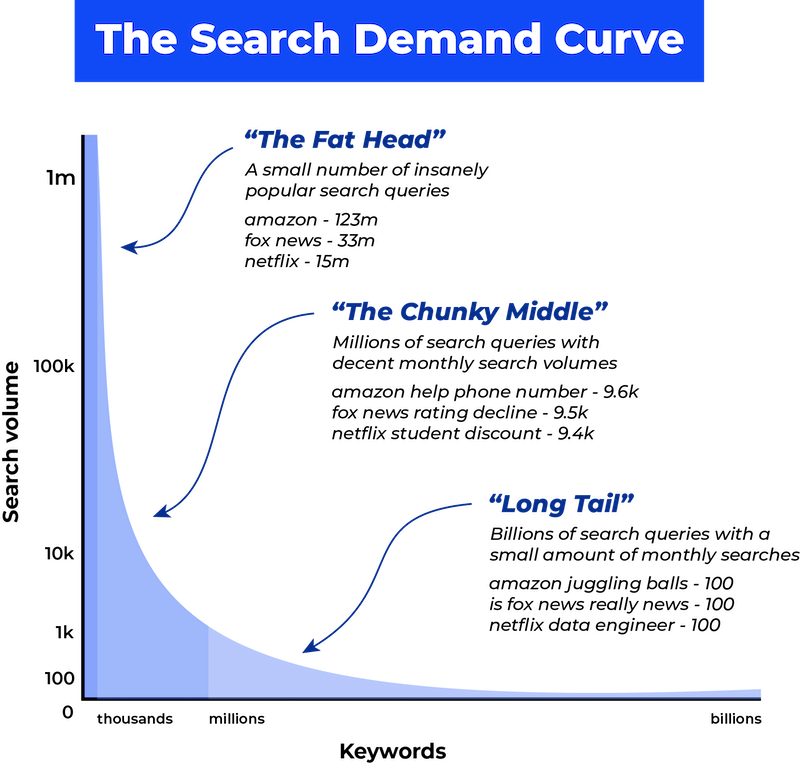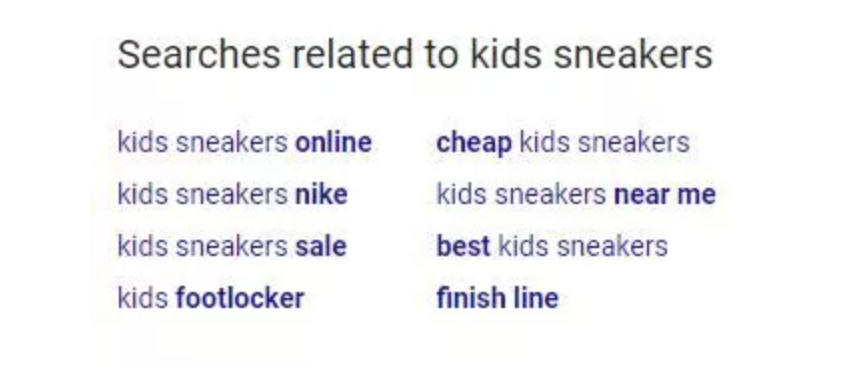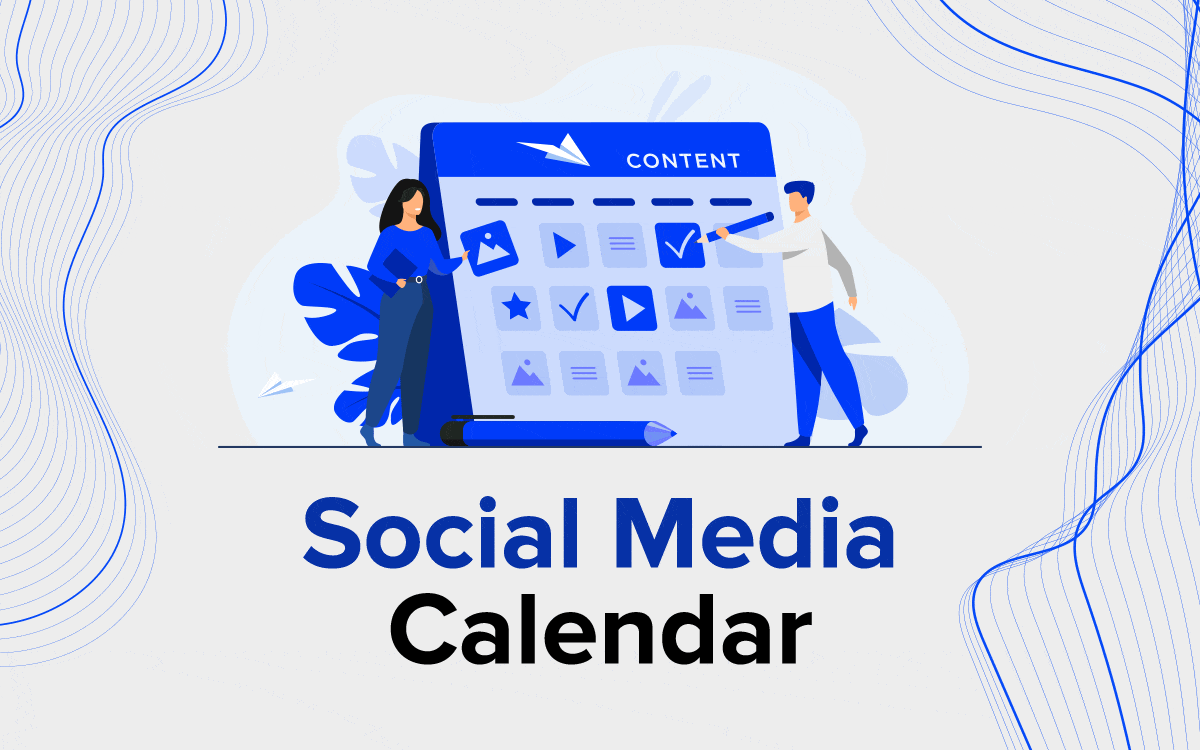A long-tail keyword strategy can really help you out when there’s a lot of competition in your market. Or a lot of competition for the main keywords you want to rank for. That being said, most companies or blogs can benefit from this strategy as it helps you attract visitors with a very specific search intent. Here, I’ll explain what long-tail keywords are and how an understanding of your mission and product can help you set up a long-tail keyword strategy.
What are Long Tail Keywords?
Long-tail keywords are search queries that get a small number of searches per month. They tend to be longer and more specific than their “head” counterparts and, therefore, often have a higher conversion rate.
For example, someone searching for “vacuum cleaners” might be interested in buying one but is unlikely to make the purchase any time soon. On the other hand, someone searching for “best vacuum cleaner for pet hair” is likely right in the middle of the decision-making process and looking to make a purchase.
Using long-tail keywords allows you to target users who are further down your conversion funnel, thereby increasing your sales velocity.

Why are they called “long-tail” keywords?
Long-tail keywords got their name from their position on the “search demand” curve. If we plot all search queries that people have performed in Google in the course of a month and order them by their search volumes, it’ll look somewhat like this:
Long-tail keywords are at the end of the demand curve. They are searched less often than head terms, but they can be just as important to your marketing strategy. In fact, they can be even more important because they bring you highly targeted traffic.
The reason why long-tail keywords are so important is that they bring you highly targeted traffic. And since there is less competition for them, you have a better chance of ranking high for them.

Why long-tail searches are valuable?
Long-tail keywords make up a majority of the searches performed on Google. In fact, 70% of all searches are long-tail.
There are many advantages to targeting long-tail keywords in your SEO strategy. Here are three reasons why you should consider making long-tail keywords an integral part of your SEO strategy:
Lower competition. Long-tail keywords have lower search volume than short-tail “broad” keywords. But they also tend to have lower competition — there aren’t as many people trying to rank for these terms, because most people are going after those big, flashy broad keywords instead. If you want to boost your rankings without a lot of extra effort, the long tail is where you’ll find it.
More specific searches. Long-tail searches are often more focused than broad searches: someone searching for “toys for kids” might be looking at a wide variety of things (video games? card games? outdoor playthings?), while someone searching for “classic wooden train set” is probably looking for only one thing in particular.
How to find long-tail keywords?

Your keyword strategy should be built on the same things as your SEO and content marketing strategies:
Your brand’s unique value proposition.
If you’re a dog food manufacturer, you probably won’t rank for the keywords “dog food” because there are millions of other pages competing for the same phrase. Instead, you need to find keywords that directly target the problems and needs of your audience.
Your buyer personas
You already know who you’re selling to, but you should develop some specific buyer personas — people who represent your target audience in different ways — so you can better understand their needs and motivations.
Long-tail keywords are precise searches that make up a large percentage of search traffic, but typically have lower competition than short-tail keywords. They include more detail, so they tend to be more targeted and specific.
Looking for long-tail keywords requires extensive keyword research, but there are a couple of ways to get started that can help guide the rest of your strategy:
Look at the keywords Google is suggesting
When you type keywords in the search bar, Google automatically suggests the following words users are likely to enter based on the popularity of the query. Following the above example for “kids sneakers,” here’s an example of what Google’s suggestions look like:

Competitors’ webpages and other sources
Long-tail keywords are often hidden in competitor and industry websites. Look through your competitors’ content and identify words they use that you can also use on your website. This strategy is similar to researching online forums and communities to find out what people discuss there.
Related searches at the bottom of the page
Google also suggests related searches at the end of the first page, which are worth checking out. You can explore a wide range of long-tail keywords here and further understand what people are searching for. Here’s an example of related searches to “kids sneakers online.”

Final Thought
If you are prepared for understanding the principles of long tail keywords, it would be easier for both your business and website to make money. There will be enormous advantages that can attract more potential customers and increase the income from your website. Long tail keywords could widen your internet marketing reach a lot further than the current place.
Never forget, most visitors from organic traffic will come from long tail searches. So I hope this article can teach you many things that are being discussed in the matters of long tail search and its best application. What do you think about this? Reach out to Neu Entity as your Marketing Agency. We’ll show you how long tail keywords can help you achieve your marketing goals and drive traffic to your site.
Let’s Talk!
If what you see here is relevant for you and can help you grow your business or organisation, we’d love to discuss further with you. Drop us a message or schedule an appointment with us.
